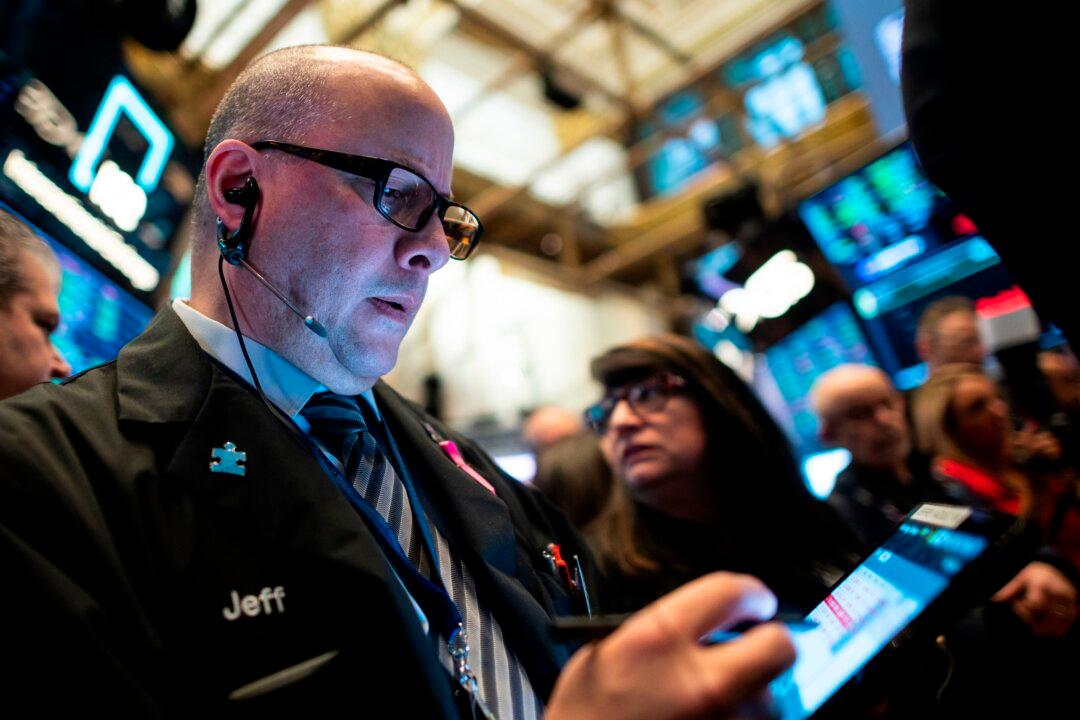Commentary
The extraordinary gains on Wall Street from Oct. 28 were stunning, but it’s the details that matter. What didn’t participate in the sudden exuberance were the tech stocks that have performed so well over the past three years and even dating back to 2009. The enthusiasm was all about value stocks, those old-fashioned companies with valuations that reflect actual assets and earnings and are likely to pay dividends.





